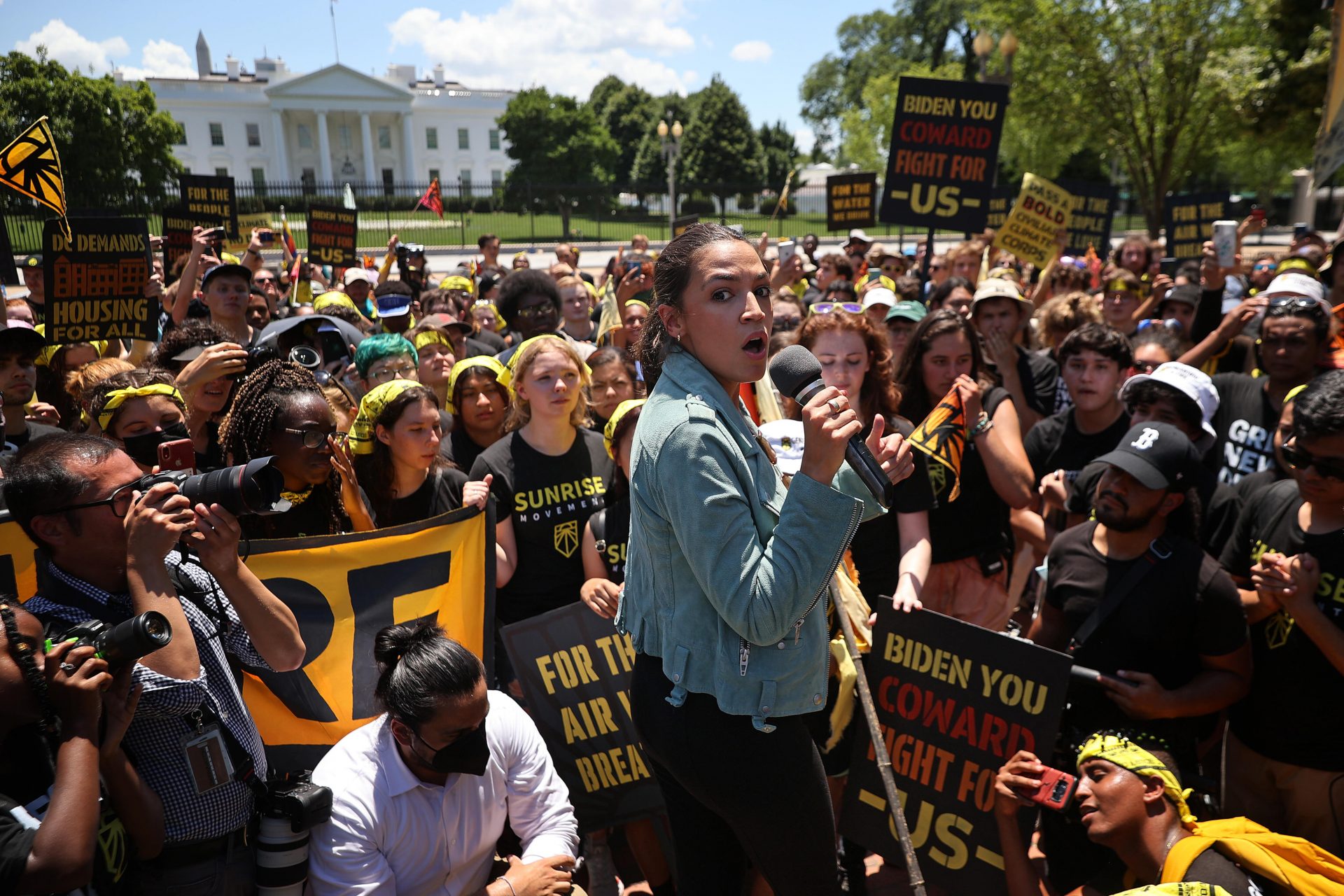Sainsbury’s has long had associations with the Tories – its life president Lord Sainsbury sits on the party’s benches – but politics has not often reared its head on its aisles.
A well-known journalist of my acquaintance, visiting a Sainsbury’s superstore in north London, inquired of an employee if the empty shelves he was seeing were attributable to Covid or Brexit. “Covid,” the man replied, unhesitatingly. My friend asked why he seemed so sure, and the member of staff explained that was what he’d been told to say to customers who asked the question.
I contacted the Sainsbury’s press office to inquire if staff had been given a script in relation to this politically touchy subject. Sarah Head answered: “Our colleagues and suppliers are working hard to make sure customers can find everything they need when they shop with us.
“Availability in some product categories may vary, but alternatives are available and stores continue to receive deliveries daily. We have made our colleagues aware of this and they are trained to help customers find a suitable alternative if a specific product is unavailable.”
I asked again if there was a script that Sainsbury’s staff were expected to keep to and she did not reply.
If there is a script, it appears to be in force, too, among some staff at the BBC.
Anna Soubry, the former Tory MP, complained last weekend of how, listening to Farming Today as it reported on the supply chain failures and labour shortages, the word Brexit was never mentioned. Still, Simon Jack, the BBC’s business editor, reporting last week on why there were 20,000 fewer lorry drivers, did dare to utter the B-word.
Scapegoat
It was perhaps inevitable, as Dominic Raab faced calls to resign over his refusal to take a call during his holiday in Crete about the plight of Afghan interpreters, that an attempt would be made to apportion the blame elsewhere. Newspapers were thus tipped off that Lord Tariq Ahmed, the so-called minister for Afghanistan, was on “staycation” when Kabul fell.
“Staycation was hardly the word I’d use as the minister of state for South Asia and the Commonwealth was actually working extremely long hours from home, in common with other colleagues, trying to help individuals in need in Afghanistan,” I am reliably informed.
“The minister had been all too well aware of what was going to happen for weeks and had been pressing hard for applications from Afghans to get out to be processed as soon as possible. What he had been coming up against was government inertia at every turn. His emails, in common with those of others, were not being opened.
Gove’s man
Although Michael Gove might currently be preoccupied with strutting his stuff at the Bohemia nightclub in Aberdeen, Tim Shipman, the political editor of the Sunday Times, is continuing to pitch for him to replace Dominic Raab as foreign secretary.
“Raab is the focus of speculation that he will lose his job in Boris Johnson’s next reshuffle, due in the New Year, with Michael Gove, Sajid Javid and Liz Truss all mentioned as a possible replacement,” Shipman wrote over the weekend.
A similar whispering campaign to promote Gove as Matt Hancock’s replacement as health secretary went nowhere over Christmas for the simple reason Johnson knows – after he knifed him up in his first Tory leadership contest – that he can’t trust him. I might add I’ve heard that the reshuffle is more likely to come after the Tory conference.
Shipman should perhaps be wary himself of a reshuffle on his own newspaper: his colleague Gabriel Pogrund’s ability to out-scoop him when it comes to political stories is becoming rather awkward.




